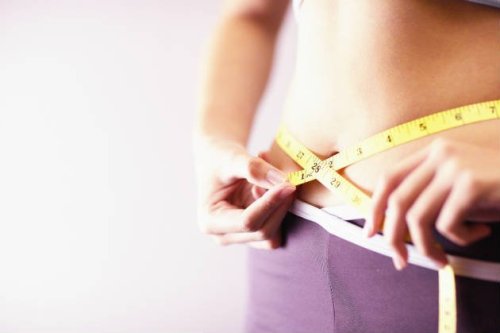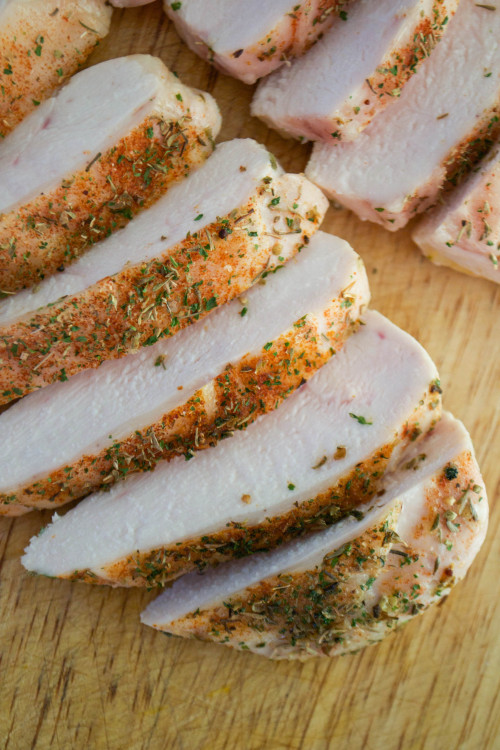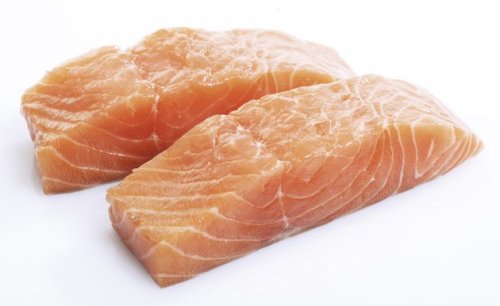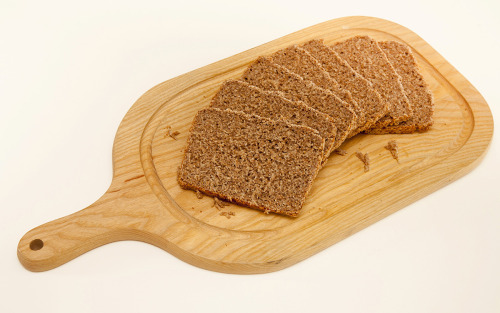There’s nothing more frustrating than feeling like you’re doing all you can and not seeing the results. You don’t know how you can make even more changes than you already have – so what’s the answer?
If you’re ticking the major boxes, maintaining a healthy balanced diet and exercising 3-5 times a week, then it’s time to put other areas of your life under the microscope.

Here are seven possible reasons why you’re not losing fat.
Keeping It Cardio
At first, cardio is great for fat burning. But once the body starts to strengthen and adapt to the rate at which you practice, steady cardio sessions will soon become less effective. Rather than relying on physically friendly exercises like running, walking or jogging for 45 mins at a manageable pace, turn your attention to interval training.
Quick bursts of intense exercise followed by a brief rest (and repeat), is one of the best ways to stimulate fat loss. What’s more, the effect it has on your metabolic rate also means that high intensity training of any kind can actually continue to burn fat, hours after your workout.

You Need More Protein
You may have cut out all the rubbish (chocolate, sweets, etc.) but a lack of protein in your diet may be encouraging your body to cling onto fat instead of creating muscle.
According to a study published by The FASEB Journal, those who double their protein intake are more likely to lose fat than those who don’t. Of the 32 men and 7 women who followed the 31-day weight-loss diet, everyone on average lost the same amount of weight, but those consuming increased amounts of protein lost the most fat – in fact, it amounted to “70 percent of their total weight loss.”
Sticking to a high-protein diet not only leaves you feeling fuller for longer; it also maintains muscle strength and helps shred the fat.
Without realising it, stress can wreak havoc on your dieting plans. Yes it encourages us to make poor diet choices, but even if you don’t gorge on chocolate and sweets, it can still limit your fat loss.
When we get stressed, our cortisol levels start to increase. Cortisol is a stress-induced hormone that Muscle & Fitness explains interferes with “testosterone and growth hormone production” which in turn can reduce muscle growth and lead to fat gain, especially around the middle.
Vary your workout plan with evenings of yoga / stretching to relax the mind and body.

You Need More Fat
Eat fat to lose fat – where’s the sense in that? But only good fats. Avoid high saturated / trans fats, and tuck into plenty of monounsaturated and polyunsaturated fats, such as oily fish, nuts and avocados.
A study made by the University of South Australia found that combining fish-oil (supplements in this case) “with regular aerobic exercise improves body composition and cardiovascular disease risk factor.” It takes a combination of well thought-out diet choices and exercise to burn fat.
You’re Eating Unhealthy ‘Healthy’ Foods
In a desperate bid to flatten your tummy before summer, it is tempting to stock up on every ‘low-fat’ product available. But the problem is, these seemingly ‘healthy’ foods aren’t aiding your fat-burning efforts. To compensate for the lack of sugar, low calorie alternatives tend to be laden in artificial sweeteners, which open the door to a whole host of other health issues.
According to ScienceNews, “eating artificial sweeteners may spur the very health problems that dieters try to avoid… its saccharin content meddles with the gut’s microbial community, setting in motion metabolic changes that are associated with obesity and diabetes.”
Avoid shortcuts, and stick to healthy, wholesome, even organic produce that’s packed with nutrients and assists your fat-burning goals.

You’ve Ditched The Carbs
A common weight loss tactic for many is chucking out every carb in sight – bye bye bread! But if you’re upping your training game to several nights a week, you need the carbs to enhance your physical performance even further. Muscle & Fitness agrees, a no-carb diet “leads to flat workouts and missed muscle gains.”
Carbs are an essential source of fuel, which your body craves during intense workouts. If you’re still unconvinced, try minimising your carb intake to ‘strength training days’ only and eat smart; choose healthy carbs such as sweet potatoes, fruit and quinoa.
You’re Dehydrated
Many place value on electrolyte-filled sports drinks, but when it comes down to it, water should always be your best friend. Even the slightest thirst indicates dehydration, which in turn directly impacts your metabolism. To put it simply, when your muscles aren’t fed with an adequate amount of water, they slow down massively, and this affects the rate at which fat burns. So remember, drink two litres a day or more.
Source: Yahoo!
